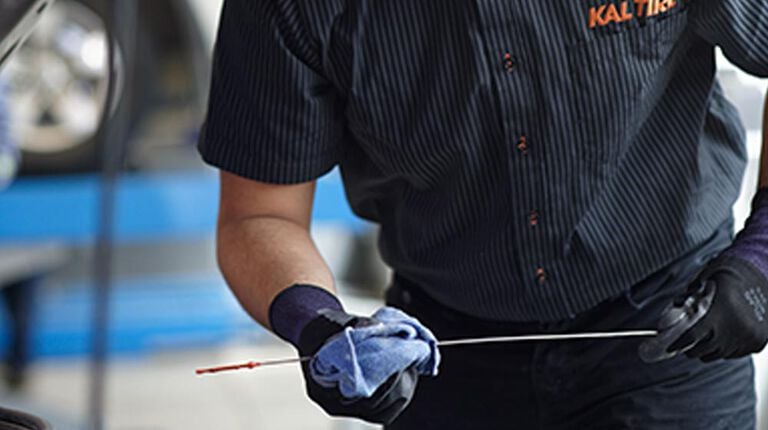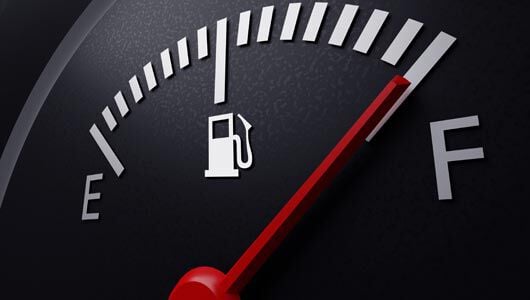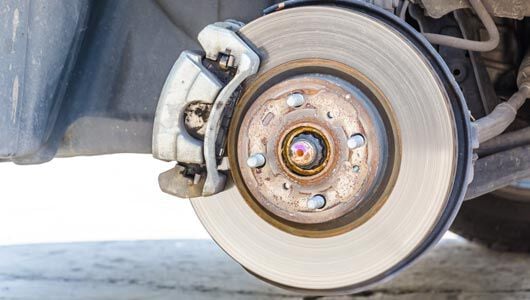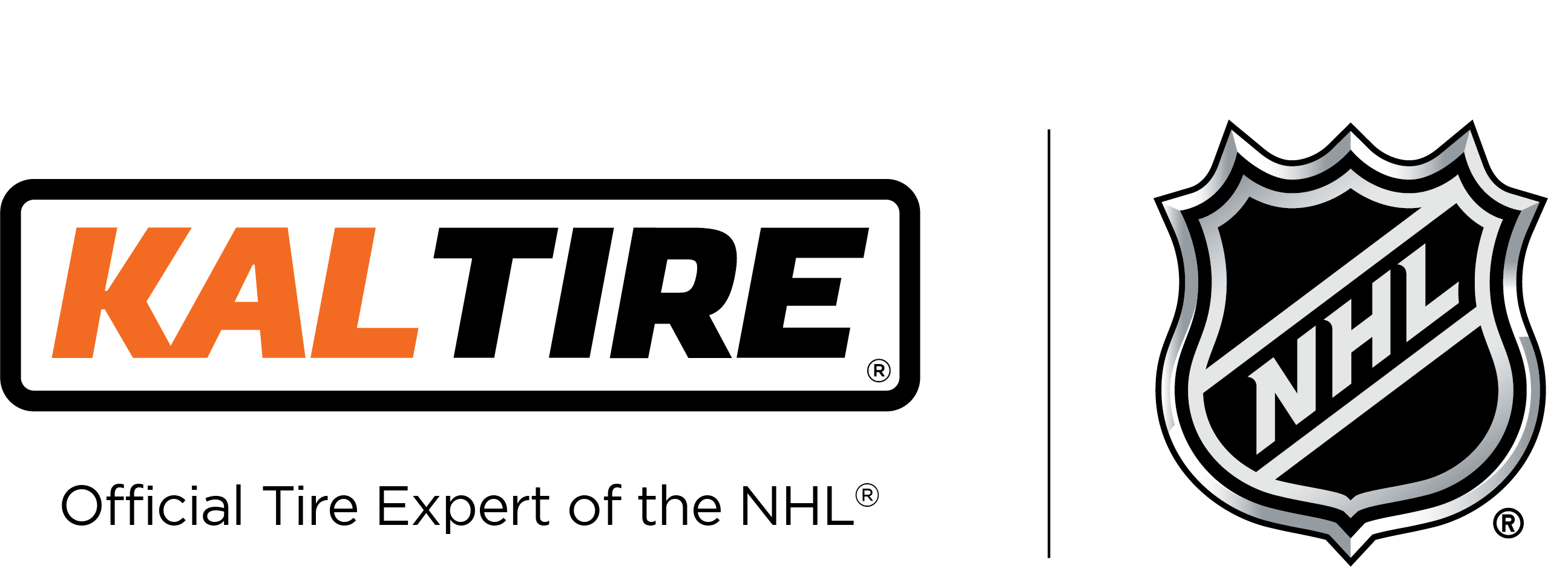Why change your oil filter and air filter?

Article last updated on July 29, 2020
Remembering to change your oil filter and air filter can go a long way in keeping your car’s engine running well.
Here are the reasons why your air filter and oil is essential, but first, it helps to understand the role of engine oil for your vehicle.
How does engine oil work?
Like the blood and heart of the human body, engine oil plays a vital role in keeping your engine ticking. Oil travels through your engine like this:
- Oil is pumped up from the sump reservoir.
- Oil travels across the entire engine through a circuit.
- Oil travels to the oil filter and deposits harmful particles.
- Clean oil is sent to all the engine's components.
Why do you need to change your oil filters?
When your oil is clean rather than contaminated, it has a better chance of doing its job: protecting the engine and preventing damage so it can perform better and last longer. You can put your engine at risk or experience pricy repairs if you do not have your engine oil changed.
Regularly changed oil:
Cleans your engine
Engine oil acts like a river, carrying harmful particles, such as dirt and debris, to the oil filter and away from the engine, protecting its vital components.
Cools your engines
Engine oil acts as a coolant to ensure the engine’s components don’t overheat.
Lubricates your engine
As a lubricant, oil protects the moving parts of your engine, so you don't have hot metal parts grinding against each other, resulting in an engine seizure.
Why are clean air filters important?
Air filters work to sift out and block dust, dirt, and debris from getting near your engine. Particles in the engine's combustion can scratch away and wear parts like the bearings and cylinders, which can affect performance and possibly even the life of your vehicle.
Air filters ensure your engine gets the clean oxygen it needs for the combustion process that converts fuel into power.
How often should you change your oil filter and air filter?
In general, you should replace your air filter when you change your oil.
Most modern engines, along with synthetic oil and fuel, are designed to do their jobs better, meaning you can sometimes extend the traditional service change schedule of 5,000 kilometres or every five months. The best guide in knowing when to change your oil and air filter is your owner’s manual, as every vehicle is unique.
Several factors determine the oil change schedule, including:
- Engine rotation
- Heat capacity
- Recommended fuel capability
It also helps to follow the original equipment (OE) suggested oil change intervals to ensure warranty coverage should an incident occur that qualifies for coverage.





